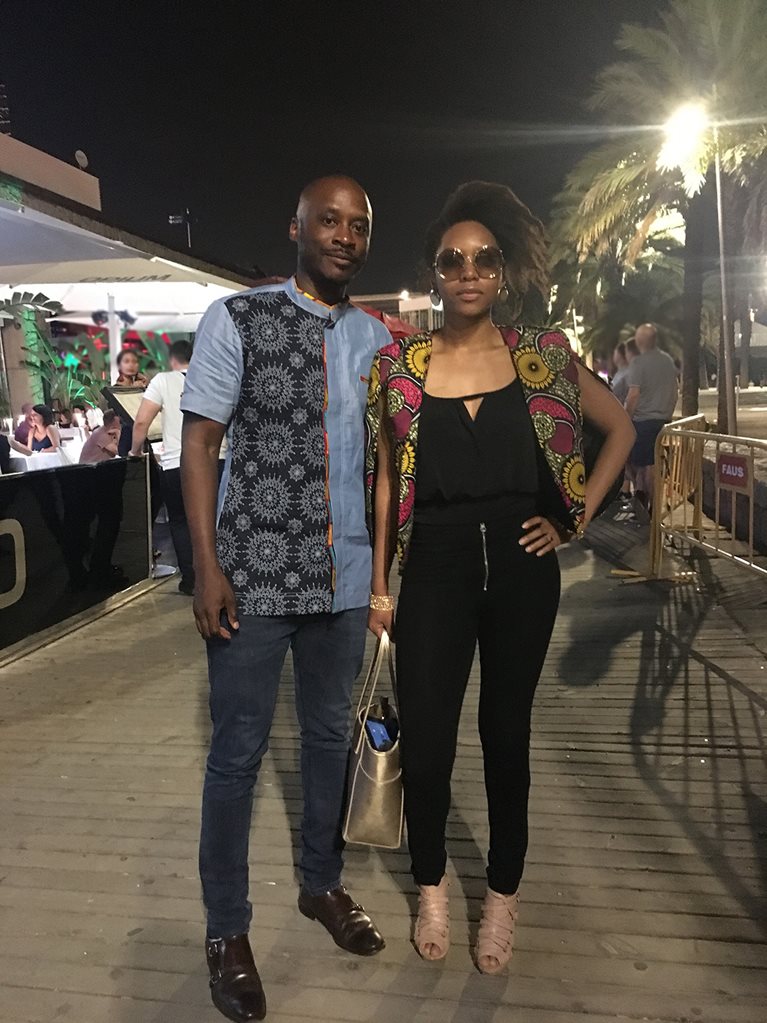I first got a job offer from McKinsey in 2006 for a consulting role in New York in what was the Business Technology Office (BTO). At that time, BTO did not feel technical enough to me (spoiler alert: a lot has changed since then). I declined McKinsey’s offer, and took a technical program manager job with Microsoft.
After three years in what I thought would be my dream role, I was not as enamored by writing code and technical specifications as I thought I would be. What I really wanted to do was transform Africa through business. For example, helping to build companies at scale drives employment and creates goods and services that improve livelihoods. I left Microsoft, earned my MBA, and joined McKinsey in Johannesburg in 2011.
Why allyship is important
The beauty of McKinsey, and the primary driver of the change we create, is the diversity of our consultants. The firm is at its best when our consultants are at their best - when they feel welcome, appreciated, and respected. Allyship makes that possible, making McKinsey a better place to work and increasing our client impact. Of course, being an ally is also fundamentally the right thing to do.

What makes me a good ally
I am constantly learning, but for me allyship consists of at least three things:
- Acknowledging my biases: Even though I have experienced prejudice in major and micro ways, I still have implicit biases about others. As part of a recent McKinsey training, I did an online Implicit Association Test on sexuality. It illuminated implicit perceptions of gay and straight people I did not even realize I had. Acknowledging these biases makes me frequently pause and think hard about what I’m about to say or feedback I am about to provide. That way, I can consciously correct for any bias that may be sneaking in.
- Listening: A big part of allyship is listening to others - understanding their challenges and perspectives and not assuming I know what they are going through. I experienced a particularly powerful example of this in a conversation I had with a LGBTQ+ associate a couple of years ago. He explained the challenges he had overcome to get to McKinsey. Most of that conversation was me listening to him and holding space as he shared his experiences. On the back of that conversation, we built a bond of trust that made us more effective colleagues and true friends.
- Using my privilege to help others: As a partner at McKinsey, I am in a position to influence situations, including the team and client environment and the team composition. I use that privilege to lift other people up and make them feel welcome. This often means staffing colleagues of diverse backgrounds, encouraging other partners to think about their influence, and creating opportunities for others to get credit and visibility for the work they do.
Learn more about how inclusion matters
About Tawanda
Currently, I am a partner in San Francisco. I moved from Johannesburg to the US in November 2019 to support my wife’s career in tech entrepreneurship and expand my own exposure to innovation in financial services. Despite the restrictions due to COVID, we have been able to travel around much of Northern California and enjoy the beauty of the Bay Area. We hike, run, and take day trips.